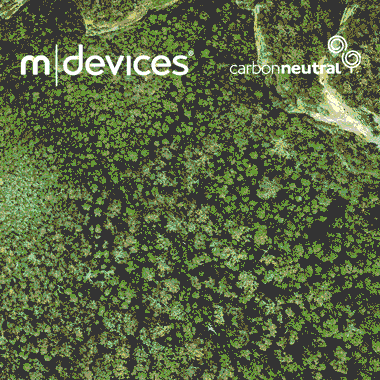This study follows up six women from a 2018 study examining the experience of women living with pelvic surgical mesh complications. Qualitative research relating to women’s experience of treatment for mesh complications is limited. Participants had subsequently undergone surgical and non-surgical interventions for their complications. The aim of the current study was to understand the lived experience of these interventions and establish the impact of these interventions on participants’ quality of life and wellbeing.
Hermeneutic phenomenology was used with thematic analysis linking findings back to Van Manen’s four lifeworld existentials used in the 2018 study – lived space, lived body, lived time and lived other. Participants completed a repeat International Consultation on Incontinence Modular Questionnaire Lower Urinary Tract quality of life (ICIQ-LUTSqol) questionnaire and following this were interviewed via Zoom using a semi-structured approach. During the interview participants self-rated their movement across recovery trajectories. Findings were compared between the 2018 study and the 2022 follow-up.
Comparison of the women’s 2018 and 2022 overall ICIQ-LUTSqol scores approached but did not reach statistical significance. However, most participants described some areas of improvement and improved quality of life after surgical and/or non-surgical intervention for mesh complications. These interventions, along with interactions with key health stakeholders, continue to have significant impacts, both positive and negative, on women’s lived space, body, time, relationships and recoveries.



